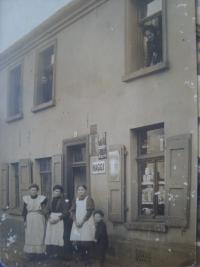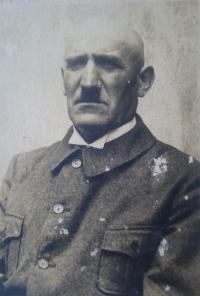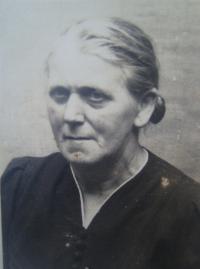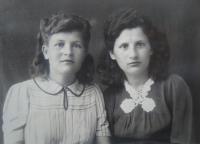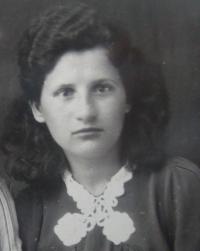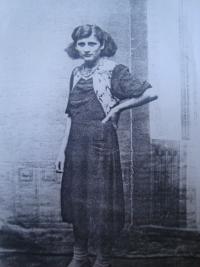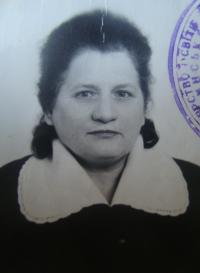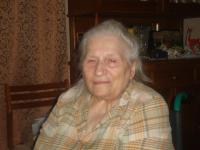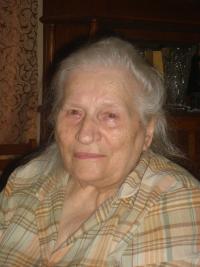Many people fell down on their knees kissing the ground and then they sorted us to the camps

Download image
Taťjana Podhajská, née Kogramš, was born on 27 September, 1926 in a village of Mokriz in the Gomel region in the former Soviet Union (nowadays Belorussia). She passed nine school grades and after the Soviet Union was attacked by the Nazi Germany began forced labour in the Nazi Germany in 1942. Via Munich she got to Koln am Main, from where she was selected to work in the farm of the family Steinhof. Here she also experienced Allies bombing and in an air-raid she was lightly wounded. In 1945 she experienced liberation by the American army and then returned to Belorussia. There she was shortly interned in a camp Kartuz-Bereza in the town of Byaroza in Brests region and after release she finished ten school grades. In 1946 she went to study in Ukrainian city of Lviv; in 1951 she finished German philology, but was not allowed to return to native Belorussia. She left to Rivne region and met Podhajský, a Czech, who didn’t re-emigrate in 1947 and stayed in the Western Ukraine. They married in 1953. She worked as a teacher of the German language at the high school in Rivne and then also in the Hlynsk school. First they lived in Hlynsk and then moved to Zdolbuniv. Her native village was liquidated after 1986 due to the Chernobyl nuclear accident. Currently she lives with her daughter in Zdolbuniv.
